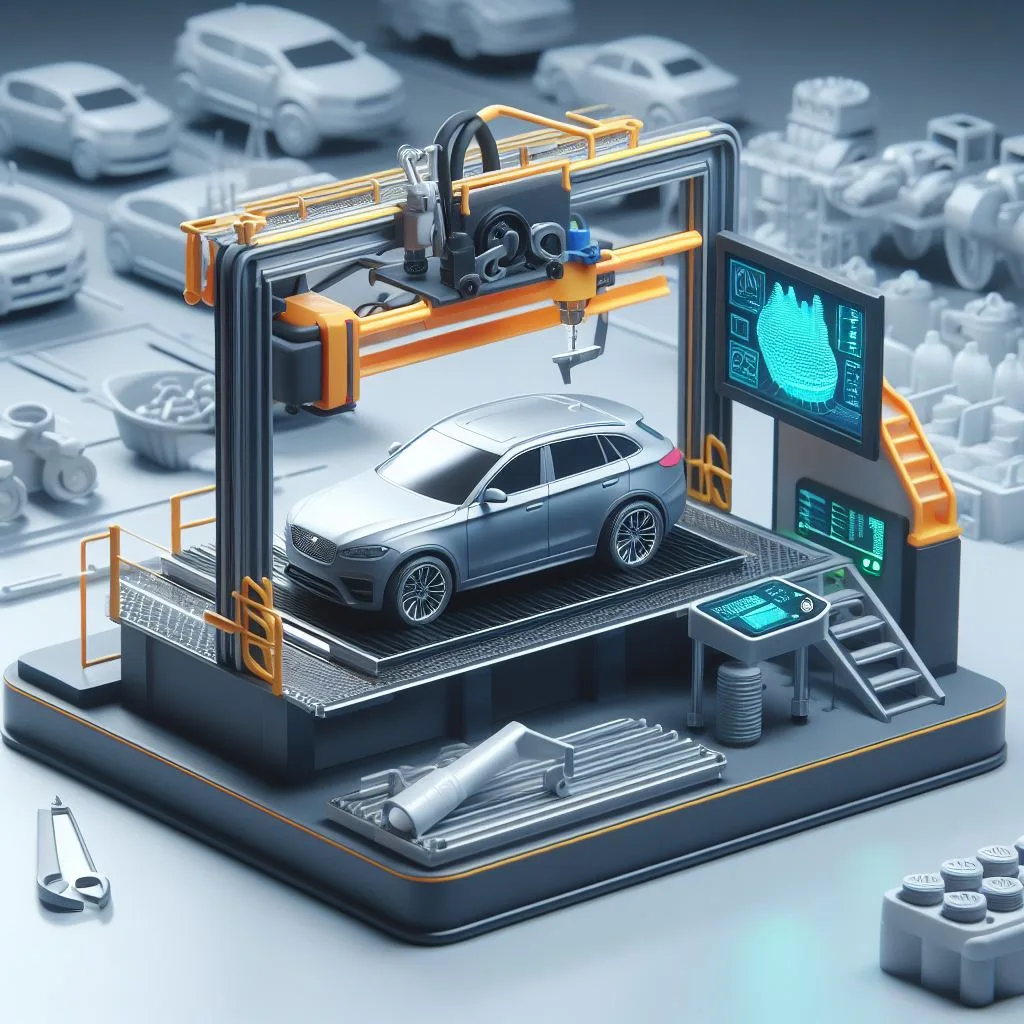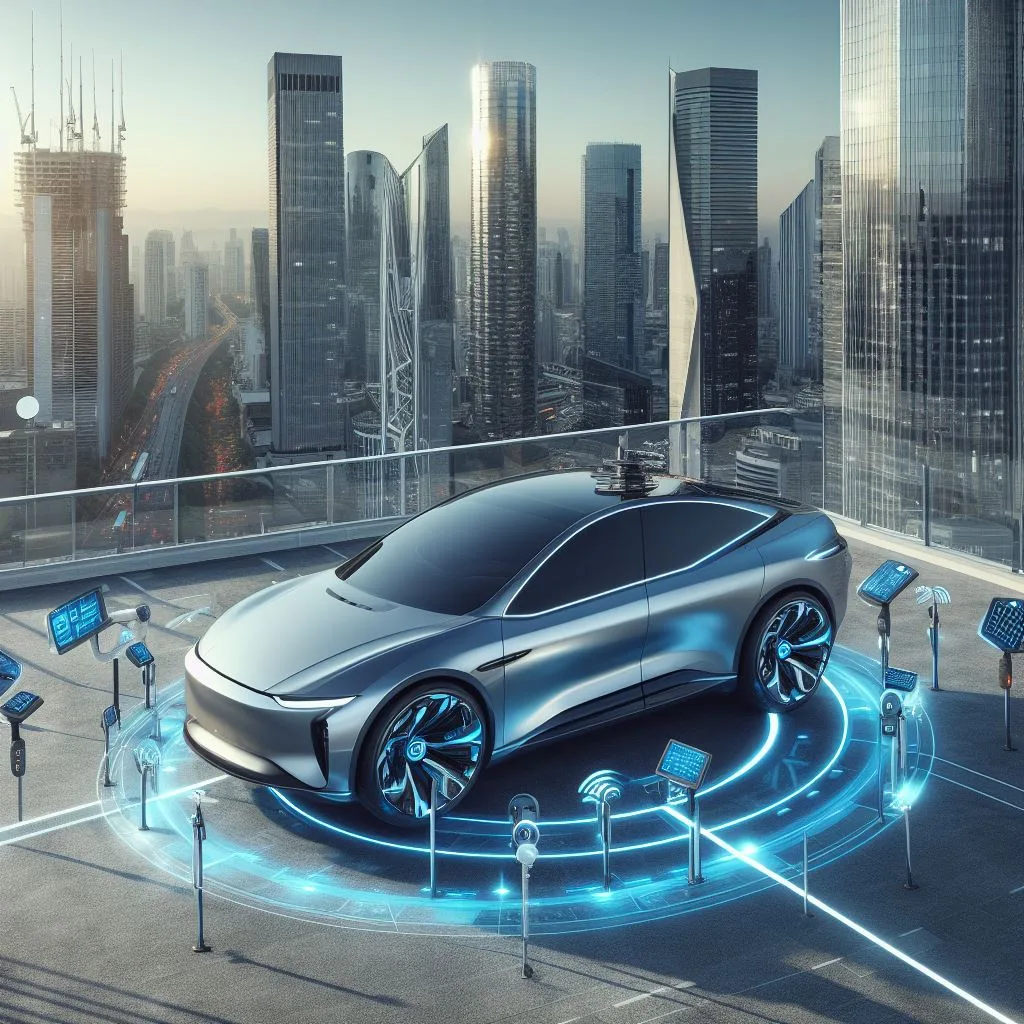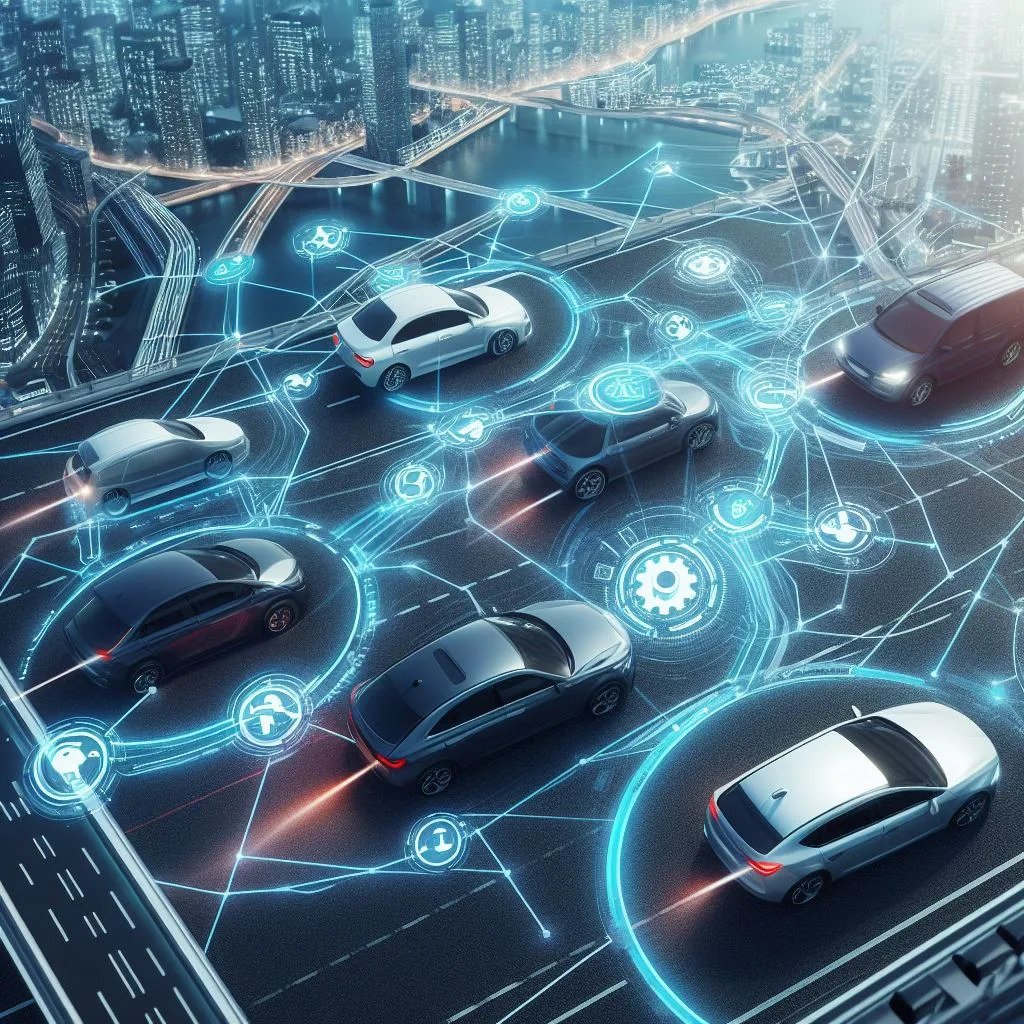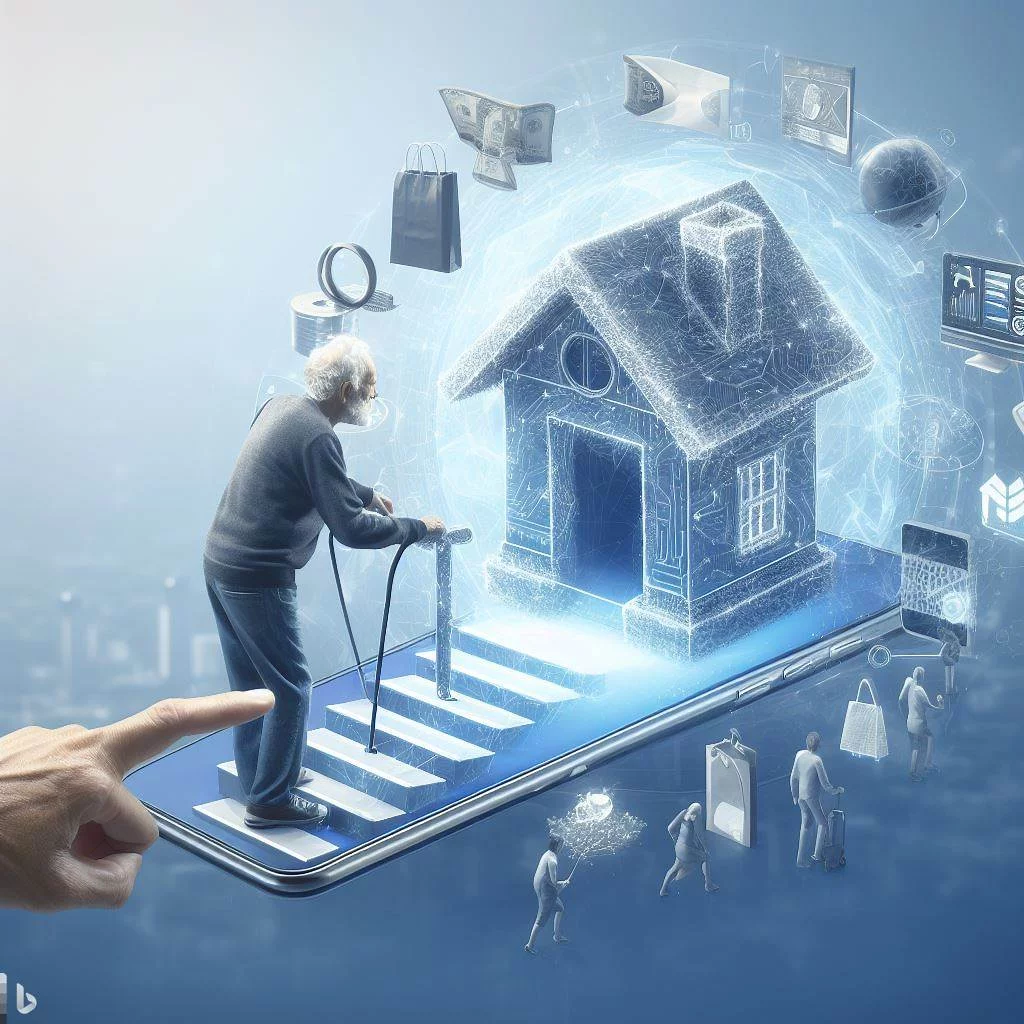Electronic Commerce and Mobile Commerce, both involve the exchange of goods and services in the online world. However, they differ significantly in their scope and the devices driving these transactions. E-commerce is the broad domain encompassing transactions conducted via desktop or laptop computers. M-commerce forms a vast and distinct arena, with smartphones and tablets as its primary vehicles. To draw a parallel, it's like the way civil, mechanical, and electrical engineering used to exist alongside computer science within engineering. But now, computer science has evolved into a standalone, multifaceted domain, deeper than all the engineering trades combined.
E-Commerce is the foundation
The inception of e-commerce can be traced back to the early 1990s when the internet was still in its infancy. At that time, a handful of pioneering visionaries recognized the vast potential of this new technology. They laid the foundation for digital commerce, paving the way for the transformative force that e-commerce would become.
E-commerce emerged as a solution to several challenges that traditional brick-and-mortar businesses faced. The physical constraints of traditional retail, such as limited store hours and geographical reach, posed significant limitations. E-commerce transcended these boundaries, offering a 24/7 marketplace accessible to consumers worldwide.
The convenience and accessibility that e-commerce provided quickly won over consumers. With a few clicks, shoppers could explore a vast array of products, compare prices, and make purchases without going anywhere. E-commerce platforms offered detailed product descriptions, reviews, and customer feedback. It empowers consumers with the information they need to make informed choices.
This shift from traditional commerce to e-commerce marked a monumental change in the retail landscape. It not only expanded the reach of businesses but also redefined the way people shopped. E-commerce broke down the barriers of time and space, and democratizing access to products. It puts the power of choice in the hands of consumers.
Mobile Commerce is specifically Mobile
Mobile Commerce (M-Commerce) is a nimble player, centered on mobile devices through dedicated apps. It caters to the modern preference for smartphones and tablets, providing convenient access to a world of information. It makes hasslefree shopping opportunities, anytime, anywhere.
M-Commerce excels with its specialized, streamlined approach. It optimizes user interfaces and features for mobile platforms, resulting in highly responsive apps tailored to smaller screens. These applications leverage mobile devices’ unique capabilities, like GPS for location-based services and touchscreen interactions for tactile shopping experiences.
Moreover, M-commerce can foster a more direct and intimate connection with customers. The app becomes a constant companion, residing on a user’s device and sending notifications, promotions, and personalized recommendations directly to their screens. This level of engagement is a key driver of customer loyalty and repeated purchases.
While traditional E-commerce platforms remain a staple for many businesses, some firms opt for M-commerce because it aligns with their target audience’s preferences and behavior. It’s a conscious decision to meet customers where they are, rather than expecting them to adapt to a web-based shopping experience. By investing in M-commerce, businesses create a unique and immersive shopping ecosystem that complements the mobile-centric lives of their customers.
In a world where consumers are always on the move and demand instant access to products and services, Mobile Commerce is not just a trend; it’s a strategic choice. It’s about recognizing that in the palm of their hand, consumers hold the gateway to a world of shopping opportunities, and businesses that embrace M-commerce understand the value of being right there with them, offering a tailored, efficient, and highly engaging shopping experience.
Comparison between E-Commerce and M-Commerce
| Aspect | E-Commerce | M-Commerce |
|---|---|---|
| Definition | Buying and selling online | Buying and selling via mobile |
| Device Focus | Desktop or laptop | Mobile devices (smartphones and tablets) |
| Online Transactions | Conducted via websites | Typically through dedicated apps |
| Access and Convenience | Offers convenience from anywhere | Highly mobile, catering to on-the-go consumers |
| Product Variety | Provides a wide range of products | Offers various products through mobile apps |
| User Experience | Responsive design for web applications | Specialized user interface for mobile apps |
| Notifications | Typically relies on email for notifications | Sends push notifications for updates, promotions, and personalized content |
| Customer Engagement | Engages customers through websites | Provides an intimate and direct connection via mobile apps |
Which one you should go with
Choose E-Commerce when:
Businesses with a Wide Product Range: E-commerce platforms are ideal for businesses with an extensive and varied product range. They provide the space to display a wide array of products and offer a comprehensive shopping experience.
Global Businesses: Companies that target a global or geographically dispersed audience can benefit from E-Commerce. It allows them to reach customers worldwide and engage with a diverse range of shoppers.
Brands with Extensive Online Content: If your business relies on informative content, blogs, and resources to attract and engage customers, E-Commerce platforms can provide the necessary space for content-rich websites.
Customized Shopping Experiences: E-commerce suits businesses that aim to deliver customized shopping experiences through detailed product listings, advanced search features, and interactive elements on their websites.
Omnichannel Strategies: For businesses that aim to provide a seamless experience across multiple channels, E-Commerce can be integrated with other retail channels to create a consistent brand presence.
M-Commerce
Businesses with On-the-Go Shoppers: If your target audience comprises consumers who are frequently on the move and prefer to shop from their mobile devices, M-Commerce is the way to go.
Highly Personalized Shopping: M-Commerce is excellent for businesses that want to provide personalized and location-based offers or engage customers with real-time notifications and promotions.
Mobile-First Approach: Companies that prioritize mobile users and want to offer an app-driven, efficient, and user-friendly shopping experience should opt for M-Commerce.
Efficient Mobile Transactions: M-commerce is perfect for businesses where quick, efficient mobile transactions are essential, such as in-app purchases or mobile reservations.
Customer Loyalty and Engagement: For businesses aiming to foster customer loyalty and maintain a continuous, direct connection with their users through push notifications, M-Commerce is an effective choice.
It’s essential to consider your target audience, the nature of your products or services, and your strategic goals when deciding between E-Commerce and M-commerce. Many businesses today adopt a hybrid approach, incorporating both to provide a comprehensive shopping experience for their customers












